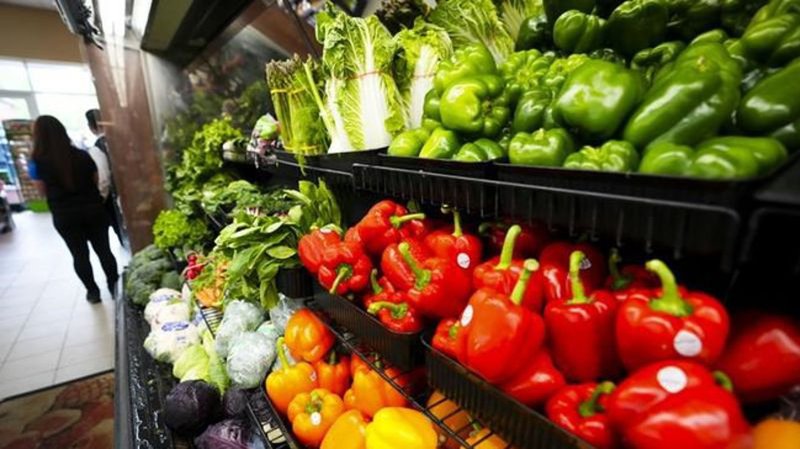
Five things to know about the government’s plan to tackle affordability in Canada
OTTAWA — The Liberals launched the fall sitting of Parliament Tuesday by tabling two new bills with more than $4.5 billion in spending they hope will ease the rising cost of living for modest-income Canadians.
Here are five things to know about the government’s new affordability plan:
1. The Liberals hope to double GST credits
Roughly 11 million people who already qualify for GST credits will get double the relief for about six months under the proposed bill. If it’s passed, single people without kids would receive up to an extra $234, and couples with two children would receive up to an extra $467 this year. Seniors would get an extra $225 on average, the government estimates.
